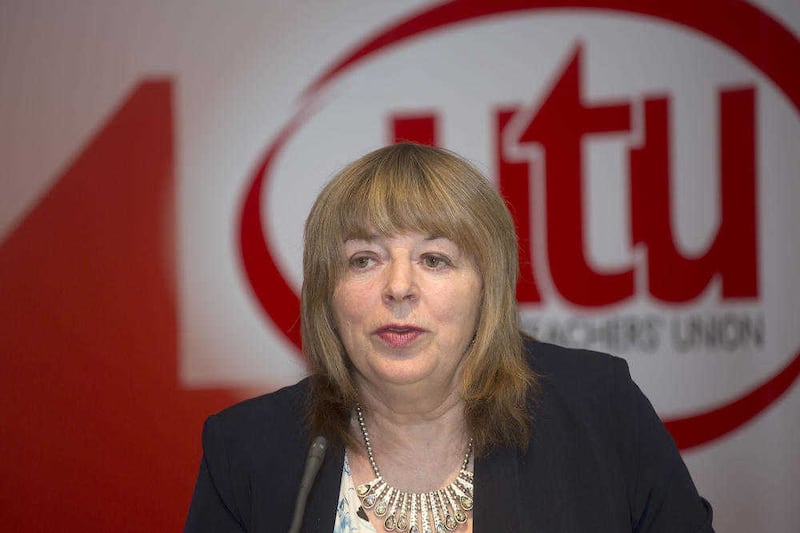PROPOSALS to replace 11-plus tests with continual assessment of pupils are "ill conceived", a teachers' union has warned.
The Association of Teachers and Lecturers (ATL) said it would happily talk to political parties about education policy but advised that an assessment model was not the way to go.
The thorny issue of selection features in the assembly election manifestos of various parties.
Unionists remain broadly in favour of retaining some form of selection but most agree that the current system, which sees children sit unregulated 11-plus-style tests on four consecutive weekends, must end.
The DUP simply said it maintained its support for academic selection "and wish to see a transfer process that is accessible and straightforward for children and parents".
In its manifesto, the UUP said it wanted a deadline of two years to devise a new method of transferring Year 7 pupils, "based on continual assessment of pupils during the course of their primary education".
The PUP has also said that to replace academic selection, teachers should complete a profile for each pupil every year.
But the ATL said a system of continuous assessment would not work.
Teachers are already engaged in industrial action that involves them refusing to recognise school assessment arrangements they claim have "no value to pupils, parents or teachers and is distracting from the real education of pupils".
The ATL's Northern Ireland director, Mark Langhammer, said the union was opposed to academic selection at age 10 or 11 "but are not opposed, per se, to academic selection later - at 14".
He said the ATL supported a 2008 compromise proposed by the four main Churches, the Secondary School Heads Association and initially agreed with Governing Bodies Association negotiators for selection or election at 14 - like the Dickson Plan which operated in Craigavon.
In reviewing the method of transferring pupils, the UUP added in its manifesto that "lessons can be learned from the Dickson Plan".
The Catholic sector has ended its involvement in north Armagh's Dickson Plan, which delays selection and splits post-primary education into junior and senior high schools.
Critics argue that if this was such a successful and viable alternative to the 11-plus system, it would have spread beyond Craigavon in the 40 or so years since it was conceived. Even in parts of Craigavon itself, it never got off the ground.
Mr Langhammer said ATL welcomed dialogue with all political parties on educational policy.
"We have not discussed the policy articulated by Mike Nesbitt with the UUP - the policy for transfer to be undertaken by way of teacher assessment in the primary school," he said.
"Currently ATL, a traditionally moderate union, has been obliged to take industrial action against what our teachers consider is an ill-considered Department of Education system for key stage assessment, one which teachers believe has nugatory educational value for pupils, teachers or parents.
"Against this backdrop, proposals to tackle transfer between primary and post-primary schools through assessment could not have less confidence within the teaching profession. The idea is ill conceived and won't work."








